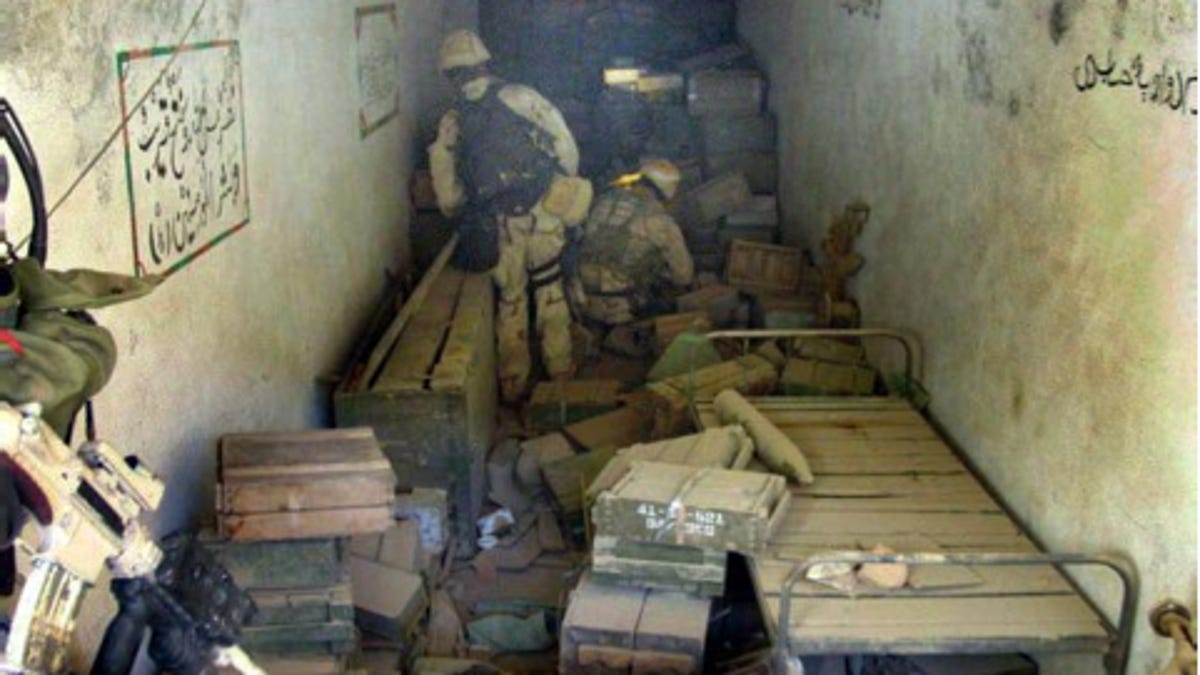MADCAT to take over translation for troops
DARPA funds new automated translator for troops.

Foreign language translation on the battlefield is a dangerous and expensive proposition, and a job the military wants to see automated.
The Defense Advanced Research Projects Agency (DARPA) has awarded BBN Technologies a $5.67 million contract to produce a Multilingual Automatic Document Classification Analysis and Translation (MADCAT) prototype capable of quickly converting to English everything from a crumpled, handwritten note in Arabic to computer files in Pashto using a PDA or a laptop.
Seems like a bargain, considering translation services in Iraq, Afghanistan, and elsewhere are expected to cost the U.S. taxpayer $4.6 billion over the next five years, according to one estimate. And that's without factoring the human costs. Translators suffer one of the highest mortality rates of any occupation in Iraq.
Soldiers overseas are bombarded with foreign language images in the form of road signs, print media, captured documents, and graffiti, any one of which could be of immediate importance. The way it stands now, much of this material is either ignored or analyzed too late to be of any use, according to DARPA.
If and when it pans out, MADCAT is expected to provide "relevant, distilled, actionable information" to commanders and troops on the ground by translating foreign language text images accurately and automatically without bothering with linguists and analysts, according to the contract specifications. During the MADCAT proposal process DARPA demanded bidders demonstrate a "revolutionary approach," one that will produce a new benchmark in language translation. Specifically excluded were "minor evolutionary" improvements or "narrow applications" to current technology.
BBN says it plans to pull it off by integrating "optical character recognition with state-of-the-art translation and distillation techniques," while developing "novel methods for processing handwritten text," according to its press release.
If it works, MADCAT should be a major feather in DARPA's hat. Imagine being able to read "Yankee Go Home" on walls from Baghdad to Bagram. Better yet, French menus will be a thing of the past. Why print them, if everyone can read them?